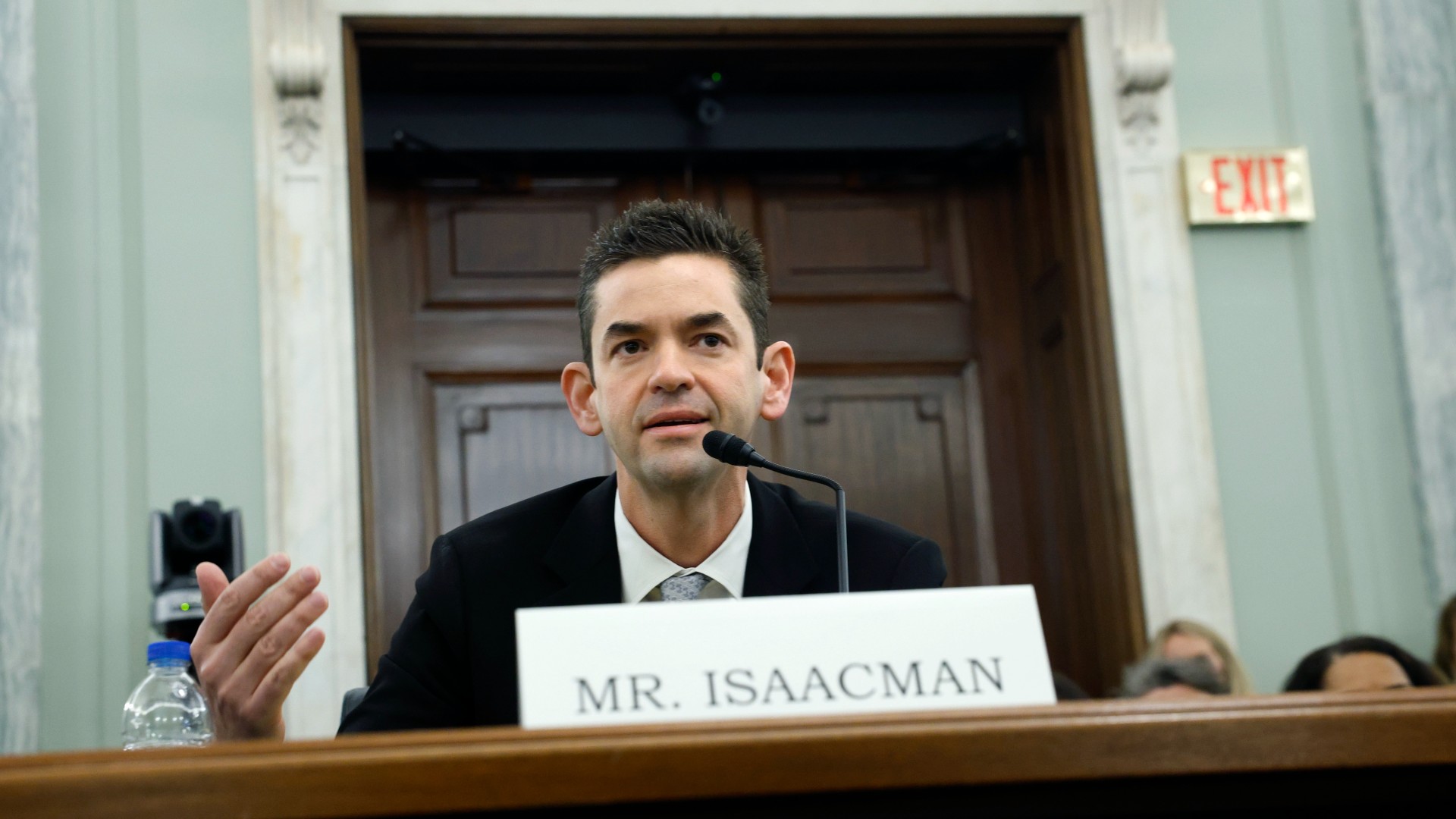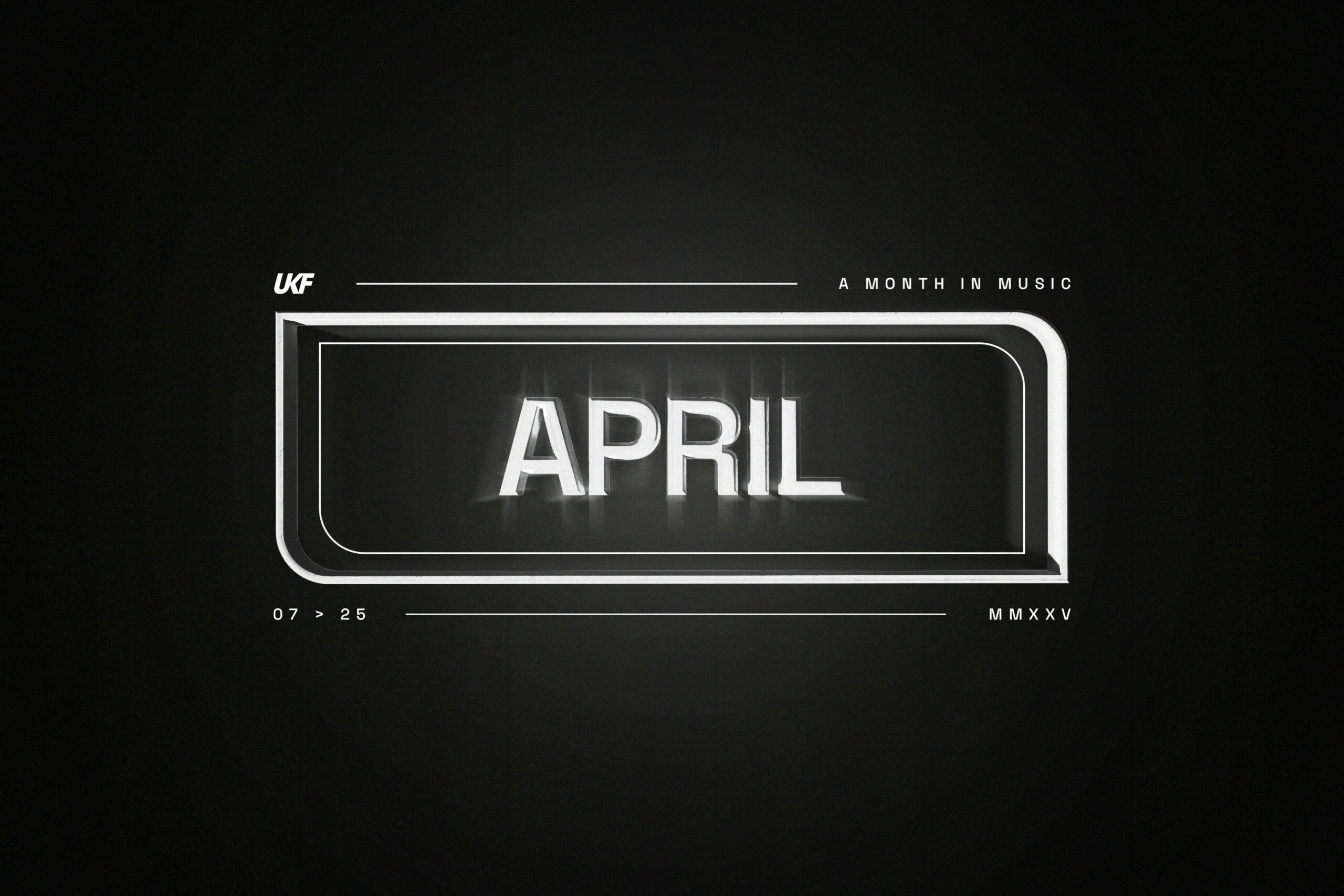Law firms can’t buy their way out of Trump’s threats — and they shouldn’t try
These orders and deals threaten to corrode the rule of law, chill access to quality legal representation and backfire on the firms.

In court Monday, a federal judge framed the Trump administration’s executive order against law firm Jenner and Block as an attempt to “punish” the firm. We agree, and would add only that its further purpose was to intimidate others.
We’re both former Justice Department officials, one serving under a Republican president, one under a Democratic one. We’re shocked not only by the orders targeting specific law firms but by how easily so many others have buckled — and at the country’s expense.
The president and his advisors have been gloating. As the White House press secretary put it, “Big Law continues to bend the knee to President Trump.”
Nine firms made deals with the administration rather than fight, eight of them doing so without the administration even issuing an order against them. All of these firms may think they have minimized the damage.
But the true cost is coming into view. Both the orders and the deals threaten to corrode the rule of law and chill access to quality legal representation, and the deals may well backfire on the firms.
No doubt, this assault put the firms in a difficult position. Their leaders may feel they cut savvy deals, giving up little that really mattered. We think that’s wrong.
To start, these deals vindicated the president’s strategy and furthered his retributive campaign. Each new deal made others more likely. And they emboldened the administration to taunt and even defy the courts that directed it to halt enforcement of its orders.
In a memo to agency officials, for example, Attorney General Pam Bondi and Office of Management and Budget Director Russell Vought seemingly attempted to skirt the court’s order to halt enforcement of the executive order against Jenner, disparaging the judge as “unelected” and telling agencies they “of course” could still choose “with whom to work.”
Beyond that, any peace these firms have bought will likely be short-lived. These agreements don’t bar the president from issuing new orders if these firms displease him — that threat hangs over their heads.
And clients require their lawyers to have independence from outside influence and a total commitment to fight for them. Clients will now wonder whether a firm is compromised by its need to stay in the president’s good graces. (Think of how the unresolved prosecution of Mayor Eric Adams impaired his ability to govern independently.)
Already, the president is threatening to use these commitments to tap firms for the administration's causes. Flanked by coal miners this month, Trump declared, “We’re going to use some of those firms to work with [coal companies] on your leasing and other things” in the face of state environmental regulations.
The administration also proposed asking firms for pro bono help with tariff negotiations with foreign countries.
Additionally, recent reporting indicates that the administration is also discussing enlisting these firms to provide free legal services to the Department of Government Efficiency and the Justice Department, and even possibly to the president and his allies on personal matters.
One allied group created by the Heritage Foundation proposed that firms give it $10 million in free legal services, promising “in return” to “publicly acknowledge” that support, a way to stay on the president’s good side. Implicit threats lurk not far behind these calls, should firms refuse.
But even more important than the cases the firms may be called upon to take on are the cases they, and others, may now choose to avoid. All this has begun to chill access to legal representation, especially pro bono assistance.
Many civil society organizations we work with have reported that they suddenly can’t find pro bono help for much of their work. Individuals or groups targeted by the administration are struggling to get legal representation, paid and pro bono, especially from larger firms.
That’s a sharp contrast to the recent past, including the first Trump administration. Then, according to an estimate from the Brennan Center for Justice, over 50 firms — including many large firms — helped challenge executive orders that prohibited travel and refugee resettlement from select predominantly Muslim countries.
Today, few will challenge even the most blatantly unconstitutional actions. Consider the Inauguration Day order purporting to end birthright citizenship.
Despite widespread consensus that the order is unconstitutional, only four major firms have gotten involved, and those that made deals are absent from that list. One organization we work with is filing a brief in one of the challenges and reported that four firms backed out after agreeing to work on it.
As former senior Justice Department officials, we defended government actions in court. Sometimes we were unhappy with our opponents’ claims. But we never viewed their lawyers as enemies to be personally destroyed or forcibly converted.
Quite the opposite. We and our colleagues recognized the importance of bringing legal issues to independent judges for adversarial testing, and that the attorneys who do so play a crucial role in any country priding itself on being a nation of laws. That’s what we are in danger of losing, and why these latest efforts against the legal community should concern all of us.
At stake is not just the reputation of a handful of law firms, but the integrity of the legal system itself.
Vanita Gupta is a former associate attorney general in the Biden administration. Peter Keisler is a former acting attorney general and former assistant attorney general for the Civil Division in the Bush administration.



















_Jochen_Tack_Alamy.png?width=1280&auto=webp&quality=80&disable=upscale#)
















































